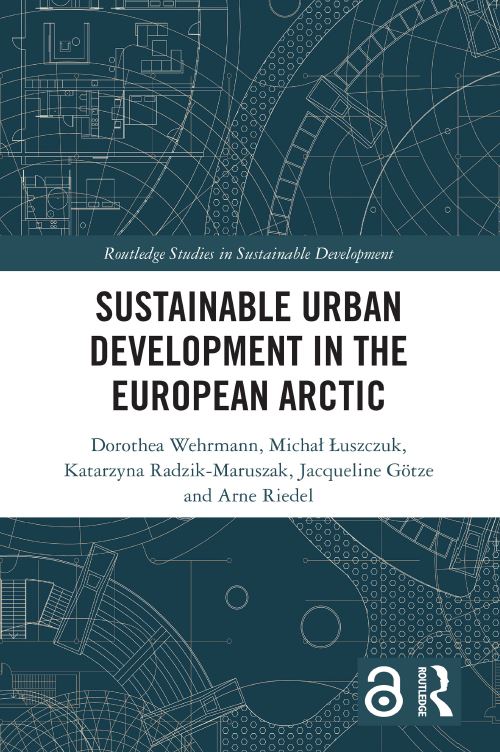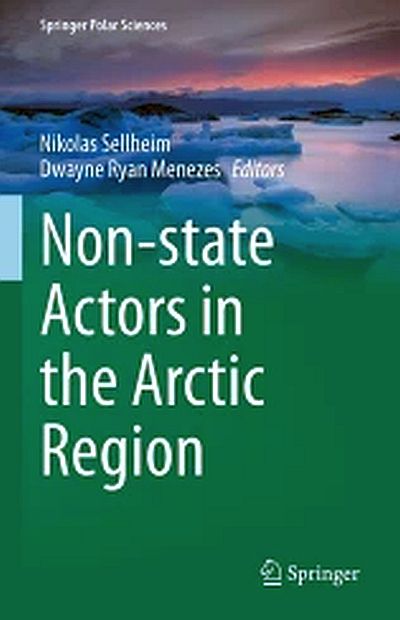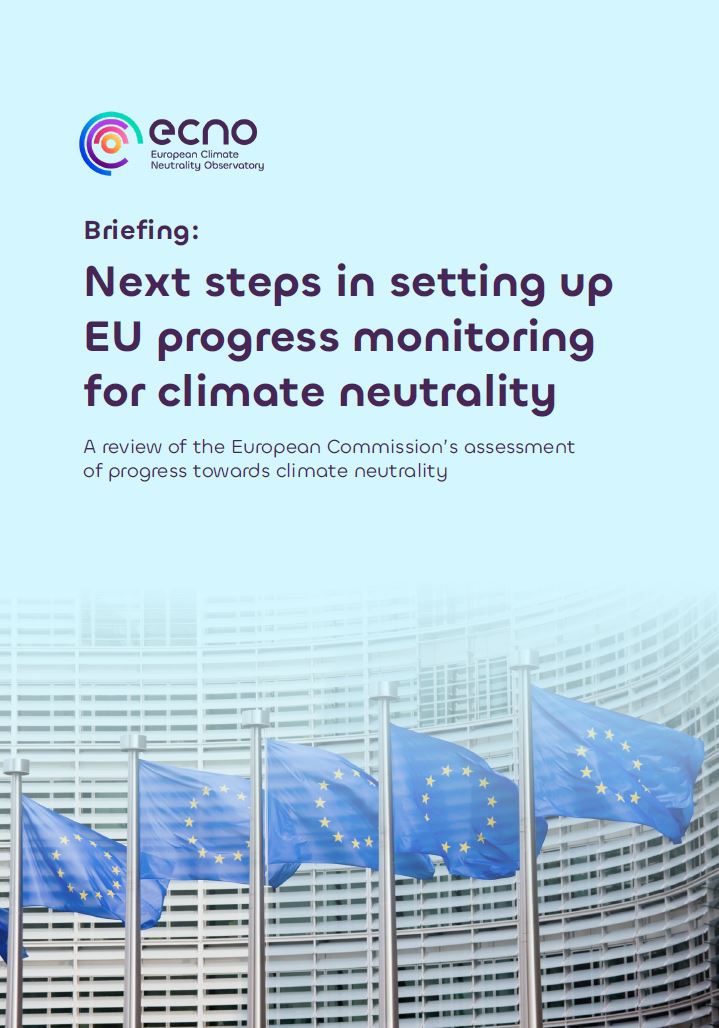Design and Photo: Canva, 2025
Klimakrise: So ändert sich die Arktis
rbb24 Inforadio | Wissenswerte
- Presentation
- Date
-
- Location
- Berlin, Germany
- Interview
-
Axel Dorloff (rbb Inforadio / Wissenswerte)
Melting sea ice, new shipping routes and growing geopolitical tensions are transforming the Arctic, a region where the effects of climate change are particularly apparent. In an interview with Axel Dorloff (rbb Inforadio / Wissenswerte), Arne Riedel, Senior Fellow at Ecologic Institute, discussed the ecological, political and security developments in this sensitive region of the world.
The Arctic is a benchmark for climate change
The region is warming significantly faster than the global average. Melting sea ice is opening up new sea routes, growing the economic and strategic interests of various countries. In the interview, Arne Riedel explains that these changes have political as well as ecological consequences. The region has once again moved closer to the centre of global environmental and security issues.
Between cooperation and competition
The region is experiencing an increase in geopolitical tensions. Issues of sovereignty, resource use and international governance are becoming ever more important. Arne Riedel emphasises that stable and transparent cooperation mechanisms are crucial for preventing conflict and enabling sustainable development. Such mechanisms include institutions such as the Arctic Council, whose ability to act has been severly impacted by political crises.
From the Arctic to global climate policy
Beyond developments in the Arctic, attention is turning to the global level, particularly the UN Climate Change Conference COP30 in Belém, Brazil. In an interview, Arne Riedel discusses preparations within the EU and the impact of the US's withdrawal from the Paris Agreement on international climate negotiations. He emphasises the central role of ambitious nationally determined contributions (NDCs) in successfully implementing the Paris Agreement, as well as the necessary global progress in climate policy.






